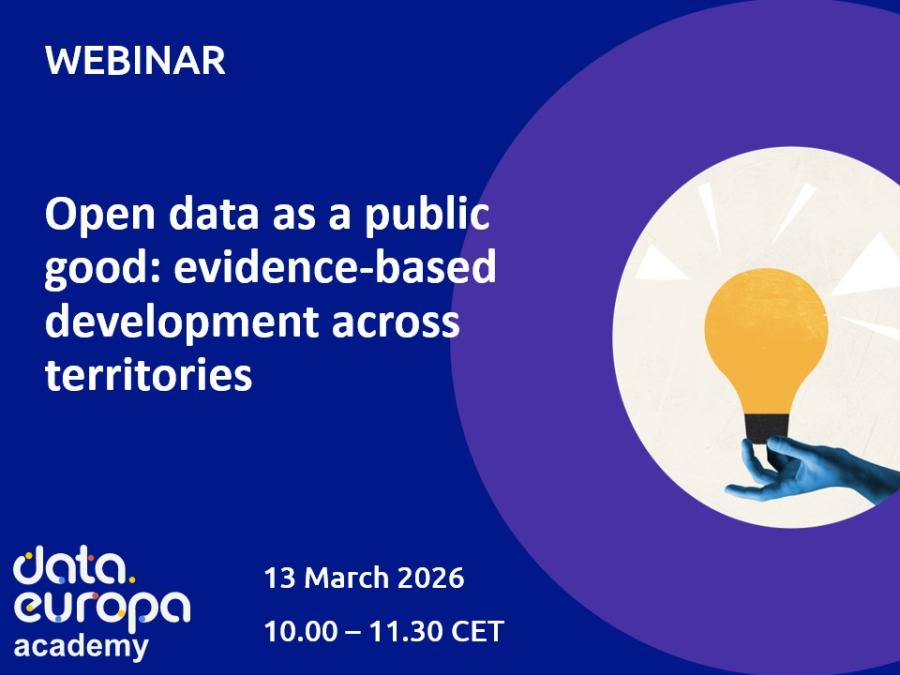Ungari

Blogid: Ungari
Praegu ei ole ühtegi blogiartiklit
Use cases in: Ungari
K-monitor is an NGO that fights corruption and promotes transparency in Hungary. The company challenges social indifference to corruption in the country. The company creates tools and databases to make public expenses trackable and decision makers accountable.
K-monitor is an NGO that fights corruption and promotes transparency in Hungary. The company challenges social indifference to corruption in the country. The company creates tools and databases to make public expenses trackable and decision makers accountable.
Otthontérképis a map-based database of real estate for sale or to rent.
Aruanded: Ungari

Avatud andmeid käsitlevad üritused: Ungari

Praegu uusi üritusi kavas ei ole
Open Data News in: Ungari






